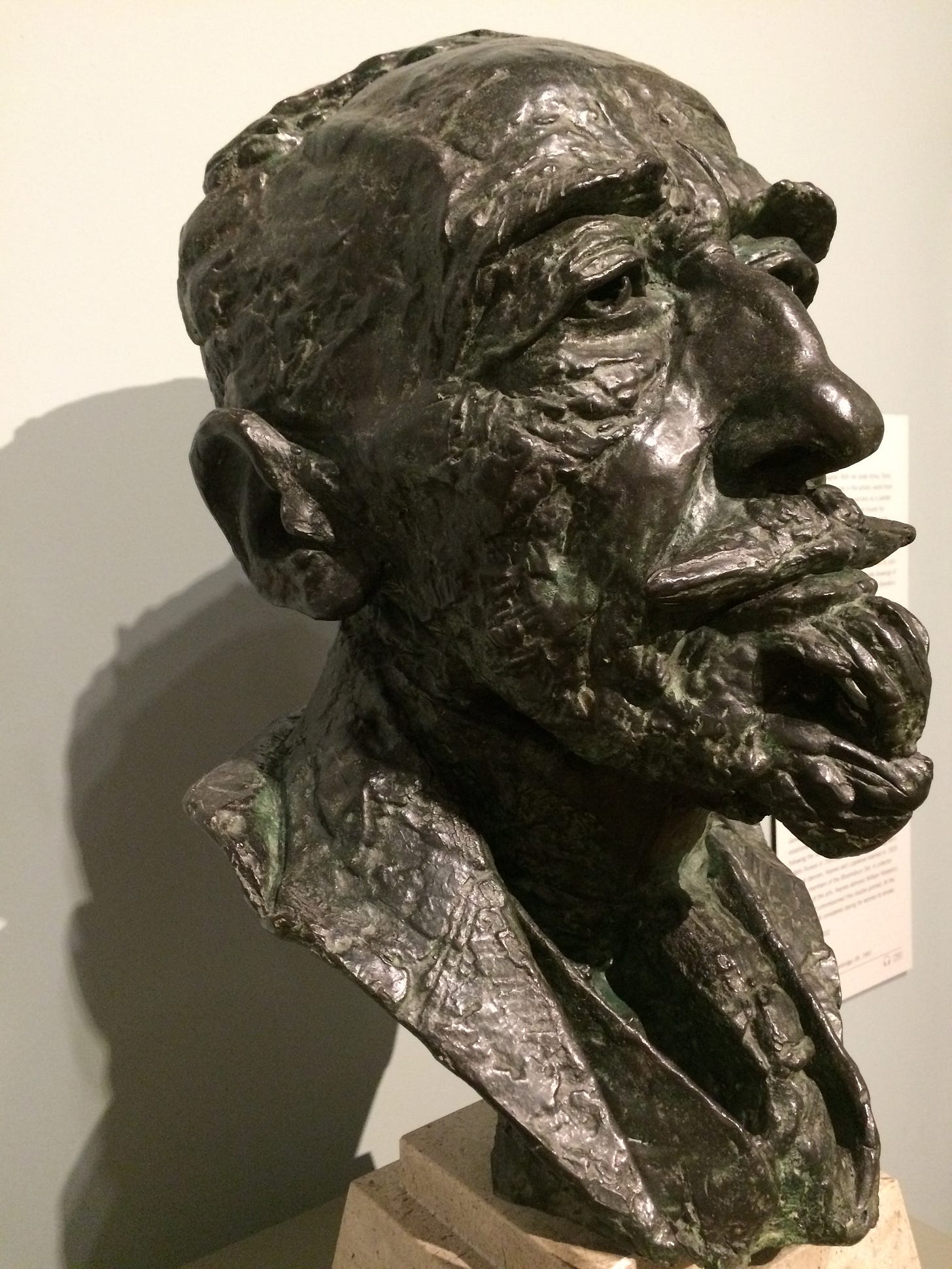Commonplace: Mr. X
"Do I feed on their toil and their heart's blood? Am I a speculator or a capitalist? Did I steal my fortune from a starving people? No! They know this very well. And they envy me nothing. The miserable mass of the people is generous to its leaders. What I have acquired has come to me through my writings; not from the millions of pamphlets distributed gratis to the hungry and the oppressed, but from the hundreds of thousands of copies sold to the well-fed bourgeoisie. You know that my writings were at one time the rage, the fashion--the thing to read with wonder and horror, to turn your eyes up at my pathos . . . or else, to laugh in ecstasies at my wit."
"Yes," I admitted. "I remember, of course; and I confess frankly that I could never understand that infatuation."
"Don't you know yet," he said, "that an idle and selfish class loves to see mischief being made, even if it is made at its own expense? Its own life being all a matter of pose and gesture, it is unable to realize the power and the danger of a real movement and of words that have no sham meaning. It is all fun and sentiment. It is sufficient, for instance, to point out the attitude of the old French aristocracy towards the philosophers whose words were preparing the Great Revolution. Even in England, where you have some common-sense, a demagogue has only to shout loud enough and long enough to find some backing in the very class he is shouting at. You, too, like to see mischief being made. The demagogue carries the amateurs of emotion with him. Amateurism in this, that, and the other thing is a delightfully easy way of killing time, and feeding one's own vanity--the silly vanity of being abreast with the ideas of the day after to-morrow. Just as good and otherwise harmless people will join you in ecstasies over your collection without having the slightest notion in what its marvellousness really consists."
I hung my head. It was a crushing illustration of the sad truth he advanced. The world is full of such people. And that instance of the French aristocracy before the Revolution was extremely telling, too. I could not traverse his statement, though its cynicism--always a distasteful trait--took off much of its value to my mind. However, I admit I was impressed. I felt the need to say something which would not be in the nature of assent and yet would not invite discussion.
"You don't mean to say," I observed, airily, "that extreme revolutionists have ever been actively assisted by the infatuation of such people?"
"I did not mean exactly that by what I said just now. I generalized. But since you ask me, I may tell you that such help has been given to revolutionary activities, more or less consciously, in various countries. And even in this country."
- Joseph Conrad, “The Informer,” in A Set of Six (Doubleday, Page & Company, 1924), 77-79.


